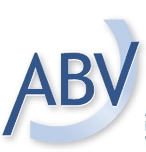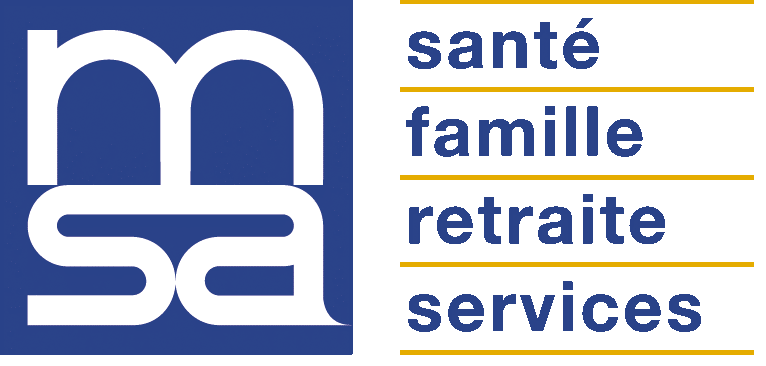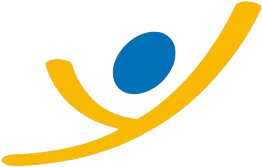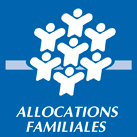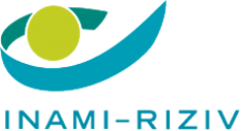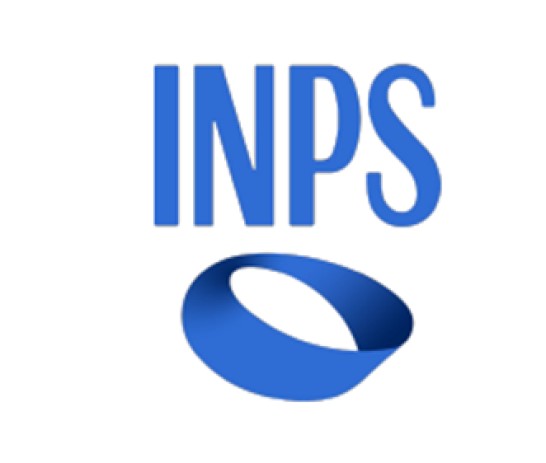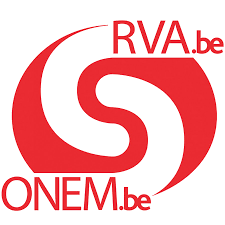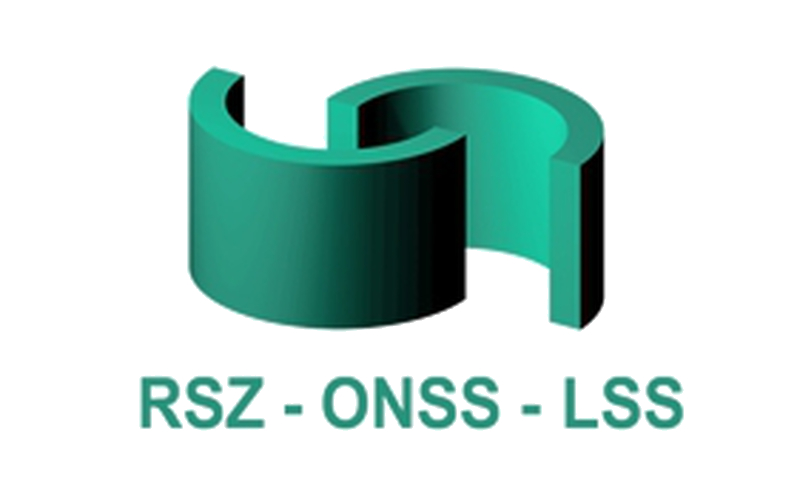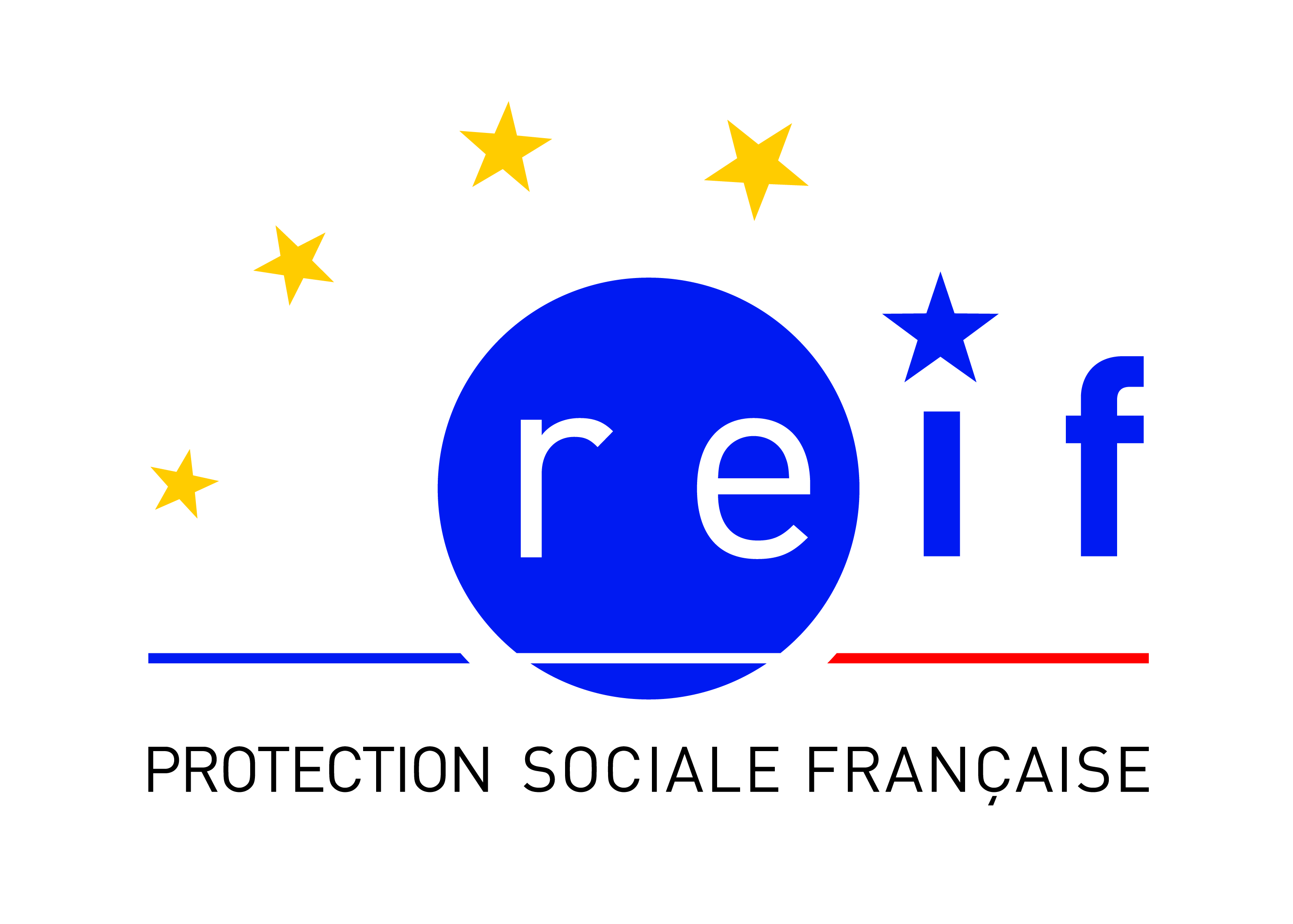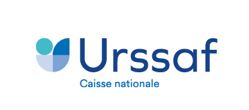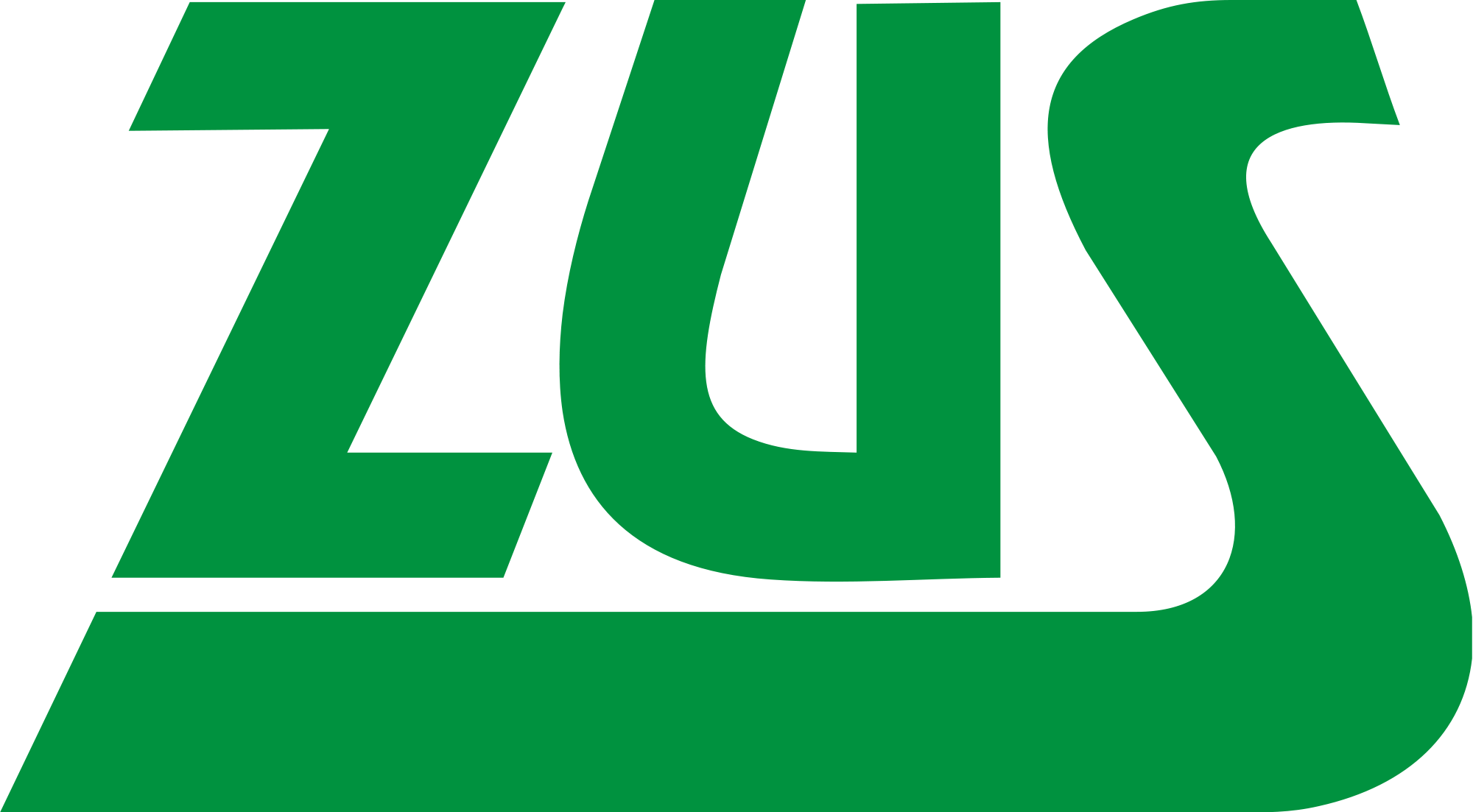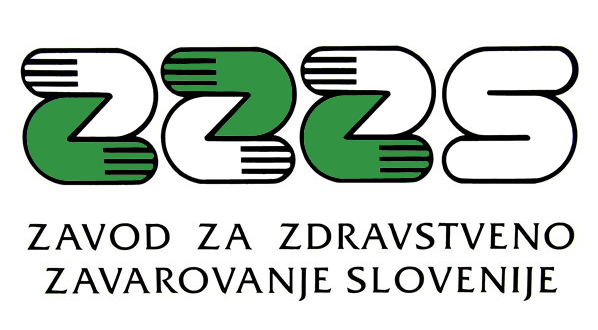News
Health Technology Assessment |
19-01-2017 |
Emilie Vaisman
ESIP responds to the Commission's Public Consultation on Health Technology Assessment
In its response to the Public Consultation on Strengthening cooperation on Health Technology Assessment (HTA), ESIP welcomes the prospect of continuing voluntary cooperation in the field.
The differences between HTA procedures and methodologies for both clinical and economic assessments vary amongst Member-States as a result of the various national structures. This can risk leading to diverging outcomes of HTA reports and a duplication of work for responsible organisations. To tackle these issues, the EUnetHTA joint actions 1 and 2 have provided a good basis to establish a common methodology, and to provide a degree of consensus. In that sense, cooperation on HTA at an EU level has been useful. Some benefits include the sharing of best practices, increased knowledge and trust while providing access to the work and expertise of other national HTA bodies. Overall, discussion around methodological issues and exchanges of opinion have been beneficial to feed into national procedures. Some shortcomings have been identified in particular in appropriate timeliness of the work pursued to produce joint assessment. As stakeholders, payers regret that the previous Joint Actions lacked transparency. In addition the involvement of public payers remains too limited in Joint Action 3 despite their expression of interest.
For ESIP, EU cooperation on HTA should continue after 2020 in order to continue to benefit from the work done and the tools developed. Maximum uptake should be pursued to improve harmonisation in particular for Member States with limited resources. Pursuing further cooperation should ensure the long-term sustainability of healthcare systems by driving innovation and allowing patient access to technologies that provide health or economic benefits. While the facilitation of such an initiative by the EU is welcomed, a bottom-up and step by step approach should be favoured. Deepening cooperation could be organised by voluntary Member States. Full transparency of such an initiative should be guaranteed at EU level. The financing system of an HTA initiative should free the process from any conflict of interests. Therefore, EU cooperation on HTA should remain entirely publicly funded. In addition, the coordination of HTA activities should be driven by HTA bodies themselves, possibly on a rotational basis, while the European Commission would continue its organisational role.
Find more in our press release and our electronic submission.



